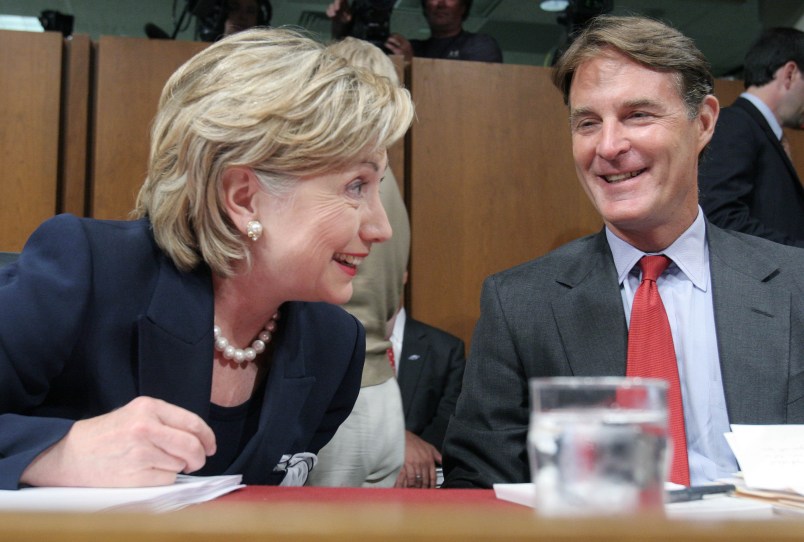A new CBO report, requested by Sen. Evan Bayh (D-IN) contains some helpful, though not unexpected information about the impact of Senate health care legislation on insurance premiums, particularly in the individual market.
According to CBO, average premiums in the individual market would increase 10 to 13 percent because of provisions in the Senate health care bill, but, crucially, most people (about 57 percent) would actually find themselves paying significantly less money for insurance, thanks to federal subsidies for low- and middle-class consumers, than they would under current law.
Those are two separate findings, but it seems likely that Republicans will use the former finding to attack reform, claiming it will raise people’s premiums, and leave people confused about the second finding, which is actually the one that impacts people’s pocket books.
The report finds that for the minority of consumers in the individual market who receive no federal assistance, premiums (and therefore out-of-pocket costs) will increase slightly–on the order of 10 percent–which could prove politically difficult in the years after health care reform takes effect.
Separately, for those who have high-end employer-provided insurance, CBO finds that a new excise tax on high-end policies will have disparate effects on premiums. Those who keep their “cadillac” insurance would end up paying higher premiums than they do today, and those who choose instead to choose less luxurious policies would pay lower premiums.
“[P]eople who remained in high-premium plans would pay higher premiums under the excise tax than under current law, and people who shifted to lower-premium plans would pay lower premiums under the excise tax than under current law,” the report reads.
But CBO also finds that on average, people who have plans susceptible to the 40-percent tax will ultimately be paying less in premiums than they would without health care reform: “On net, CBO and JCT estimate that the excise tax and the resulting behavioral changes…would reduce average premiums among the 19 percent of policies affected by the tax by about 9 percent to 12 percent in 2016.”
You can read the entire report here (PDF).










